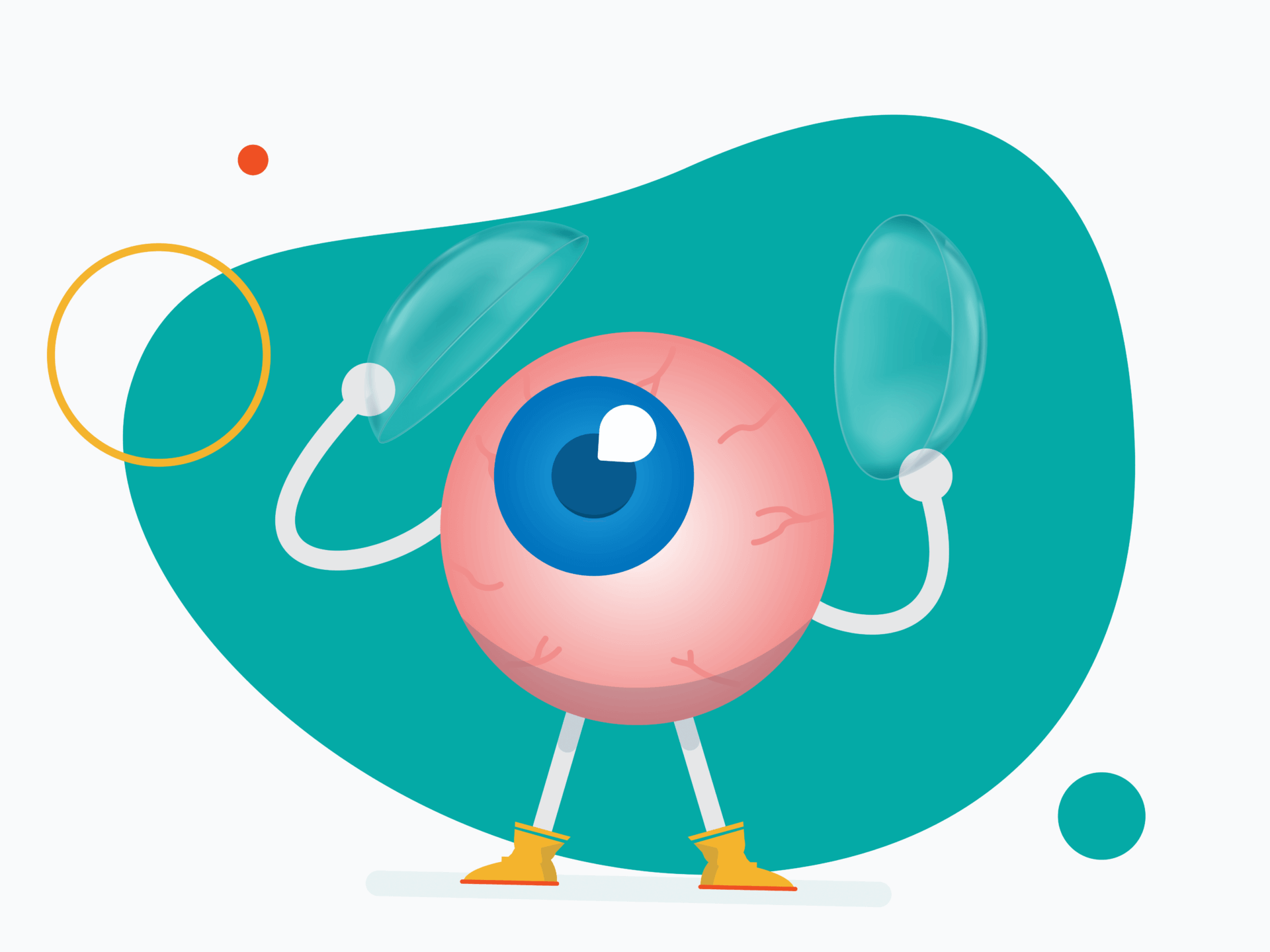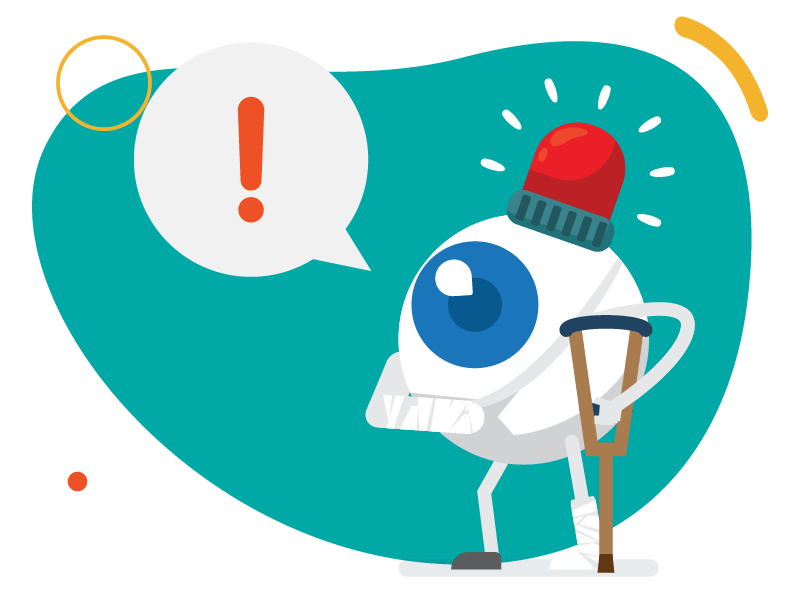Eight in ten people (84%) consider vision to be the most important sense, and almost all people (97%) believe that good eyesight is important, but only half of people have their eyes examined annually.
One of your most vital senses is your vision. Thus, it's really important to take good care of your eyes and ensure that they are healthy. If you have any kind of eye problem or eye condition, or if your family has a history of any disorder, you should have an eye exam as soon as possible. It's still really important to go to your eye doctor at least once every year, even if you do not have any of these conditions, so that they can go through a comprehensive eye exam and make sure that everything is healthy in the front part of your eye and the back part of your eye. In some cases, you may not even have any symptoms, but there may be something wrong with the back part of your eyes, which is why it is very important to catch it early. So that they can determine what the next course of treatment should be for you.
What to expect during an eye exam?
Here are a few things you should expect when you visit your eye doctor.
- They will start off by checking your quality of vision.
- Your visual acuity will be measured both in distance and up close
- Then they will examine your eye muscle movement
- Additionally, they will check how well your eye muscles are working together and moving around in each quadrant of the eye
- They will do a gross screening of your side vision.
- They will also examine your pupils to see how well they adapt to light.
- They do binocularity testing
- They look for any eye deviations
- Your eyes will be checked to see if they are working together as a team.
- They take a look at how well can your eyes focus on the target as it moves toward you while your eyes are converging inward? Are you having any difficulty doing that?
- Next, they run a refraction test using a phoropter to determine if you need to wear glasses.
- Additionally, they check to see if you require any plus or minus prescription?
- They check if you have astigmatism
- They examine the front part of your eye through a microscope
- They also measure your eye pressure, which is a glaucoma screening since high eye pressure is usually associated with glaucoma.
- Then, they dilate your eyes, which is very important because they want to check the back part of your eye to see if it is healthy, because despite having 20/20 vision there may be something wrong.
- After that, they shine light in your eyes to look at the periphery of your eyes and will examine the area at the center of the back part of your eyes.
- They will examine your optic nerves, which are basically the nerves that connect your eyes with your brain, to make sure they are healthy.
After performing the entire eye exam, your eye doctor will review the results. Depending on what they find, the next course of treatment will be decided. In the event that everything goes well, they will just monitor you annually. Occasionally, they may need to see you sooner.
- A doctor may need to see you a little sooner if you have any type of dry eye condition. They may start you on some sort of treatment, do some dry eye imaging, and determine what the best treatment would be for you.
- They may have you come back for vision therapy training if you have binocularity issues, trouble focusing, or have double vision.
- In the case of very high minus prescriptions at a young age, they may recommend a myopia management consultation in order to figure out what course of treatment to take to slow down the progression of your myopia.
- Furthermore, they may need to see you again if you have any ocular conditions. For example, if you have glaucoma or macular degeneration, they would have to do further testing and then decide the best course of treatment for you.
Why is early diagnosis important?
Early detection of above mentioned conditions is key, as then you'll have a better chance of recovery. Because for example, if you had macular degeneration and did not visit your doctor's office until the later stages of the disease, then the prognosis of your eye condition would be worse because then you would be at greater risk for developing the more severe stages of macular degeneration, which can result in permanent vision loss. If you haven't visited your eye doctor yet, you should do so today.












